SS #49: Dorothy Sayers’ Insights
The Sisters on Sayers – not the podcast you expected
This is the first of two episodes in which the Sisters say things about Dorothy Sayers — specifically, they say things about her famous essay, The Lost Tools of Learning. What sort of things, you ask? Today, we’re talking good stuff: the good, the true, the beautiful. Join us!
Dorothy Sayers’ essay, “Lost Tools of Learning,” is a significant source for the reintroduction of classical Christian education in America today; this discussion focuses on the key claims and aims of Dorothy Sayers’ summary.
Listen to the podcast:
TUNE IN:
Apple Podcasts | Spotify | Stitcher
Dorothy Sayers on Classical Education
Today’s Hosts and Source
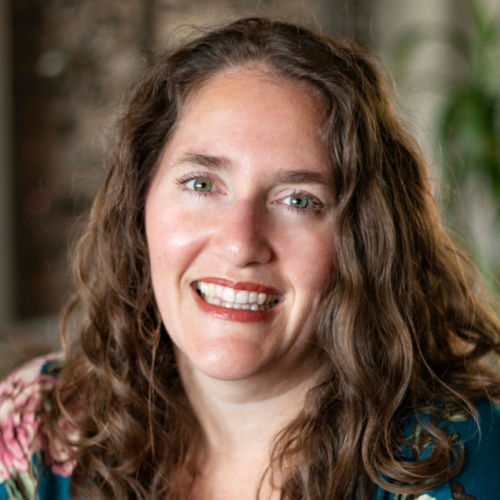
Brandy Vencel
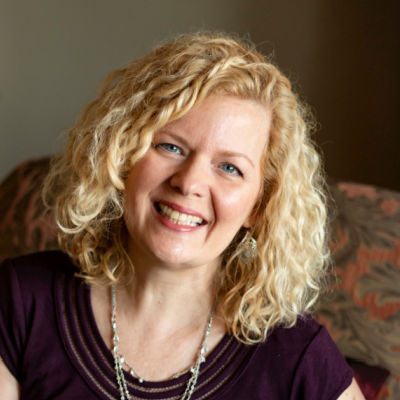
Pam Barnhill

Mystie Winckler
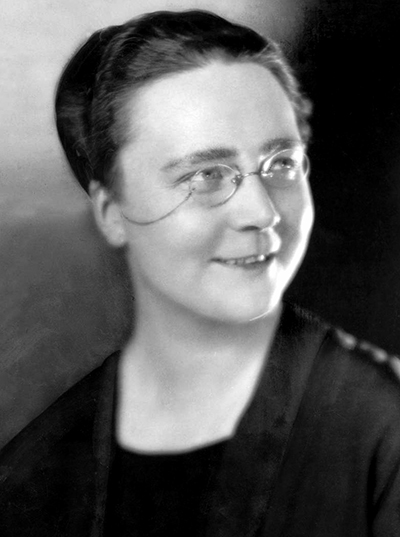
Dorothy Sayers was an author and thinker. She was not an educator, but she was educated. Her essay “The Lost Tools of Learning” was delivered as a humorous, somewhat tongue-in-cheek address to educators, calling them to take seriously the tried-and-true methods of the late medieval period rather than rush onward with progressive educational theories.
“If we are to produce a society of educated people, fitted to preserve their intellectual freedom amid the complex pressures of our modern society, we must turn back the wheel of progress some four or five hundred years, to the point at which education began to lose sight of its true object towards the end of the Middle Ages.”
Dorothy Sayers, “The Lost Tools of Learning“
Read “The Lost Tools of Learning” for free online.
Scholé Every Day: What We’re Reading
Commonplace Quarterly
Mystie has been enjoying the new publication, Commonplace Quarterly.
Mind to Mind, Karen Glass
Pam appreciates that Karen removed all the Victorian clutter from Charlotte Mason’s volume 6 magnum opus.
Bleak House, Charles Dickens
If anyone was a character study, it was Dickens; Brandy derives character insight from this tome.
Sayers’ purpose for The Lost Tools of Learning
Point made.
It will be pleasant to start with a proposition with which, I feel confident, all teachers will cordially agree; and that is, that they all work much too hard and have far too many things to do.
Dorothy Sayers, Lost Tools of Learning
The problem with today’s kids
“Have you ever followed a discussion in the newspapers or elsewhere and noticed how frequently writers fail to define the terms they used? Or how often, if one man does define his terms, another will assume in his reply that he was using the terms in precisely the opposite sense to that in which he has already defined them?”
Dorothy Sayers, Lost Tools of Learning
When we think about the remarkably early age at which the young men went up to the university in, let us say, Tudor times and thereafter were held fit to assume responsibility for the conduct of their own affairs, are we altogether comfortable about that artificial prolongation of intellectual childhood and Adolescence into the years of physical maturity that is so marked in our own day? To postpone the acceptance of responsibility to a late date brings with it a number of psychological complications which, while they may interest to the psychiatrist, are scarcely beneficial either to individual or to society.
Dorothy Sayers, Lost Tools of Learning
Point made.
Teach kids to think & read
“By the invention of film and the radio, we have made certain that no aversion to reading shall secure them from the incessant battery of words, words, words. They do not know what the words mean; they do not know how to ward them all for blunt their edge or fling them back; they are a prey to words in their emotions instead of being masters of them in their intellects.”
Dorothy Sayers, Lost Tools of Learning
By teaching them all to read, we have left them at the mercy of the printed word.
Dorothy Sayers, Lost Tools of Learning
Point made.
Dorothy Sayers on language arts
Point made.
Dorothy Sayers’ anthropology
Point made.
Quote
Book, p. X
Dorothy Sayers’ anthropology
Point made.
Quote
Book, p. X
Dorothy Sayers v. Charlotte Mason
Point made.
Quote
Book, p. X
continue
Mentioned in the Episode
Listen to related episodes:
SS #97: Men Without Chests
SS #89: Dorothy Sayers’ Latin Lament
SS #60: History as a Center Cannot Hold (with Angelina Stanford!)
SS #54: Gainsaying Sayers

Want to talk about the ideas presented here? The conversation is happening inside Sistership.
Podcast: Play in new window | Download

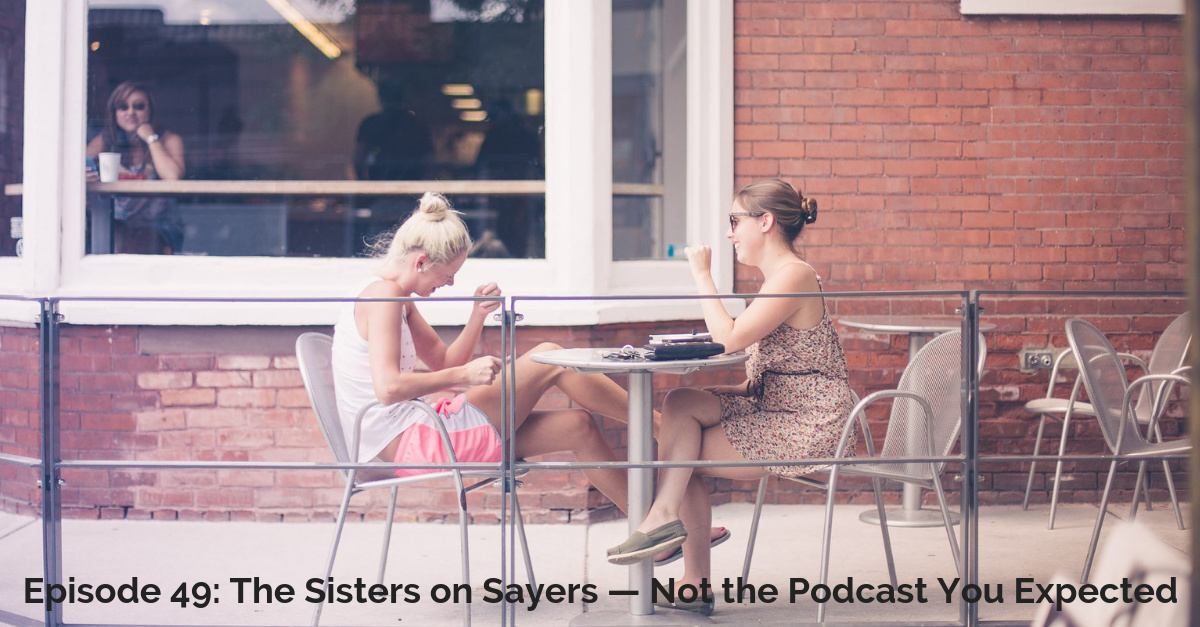
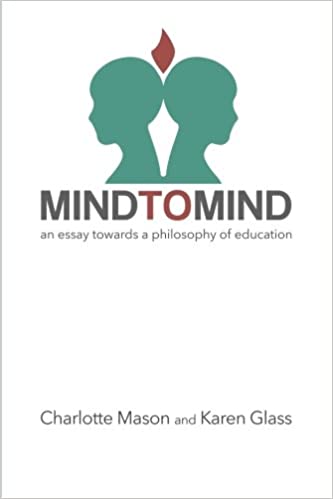
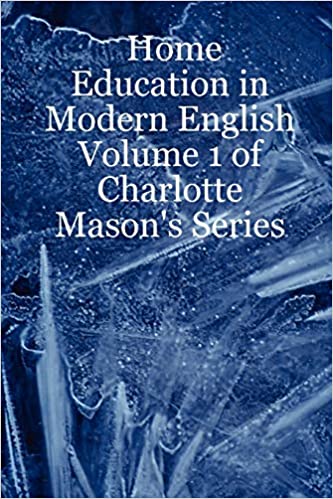
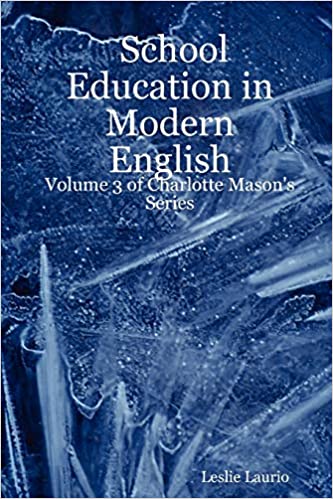
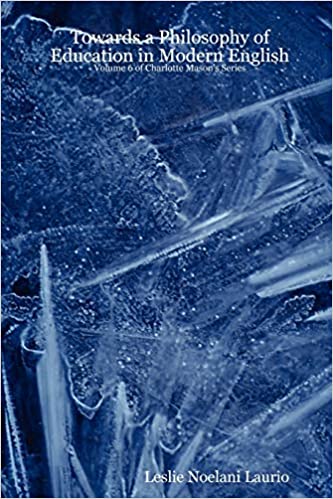
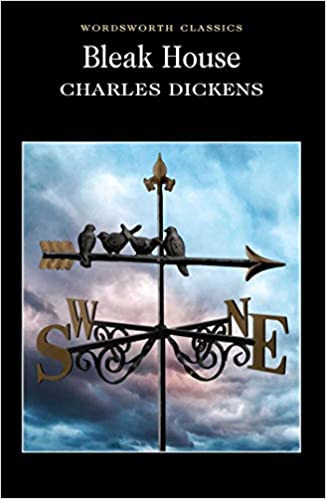
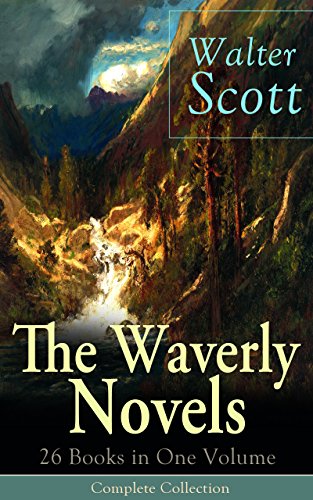
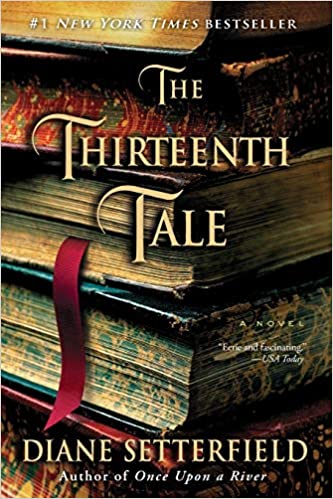
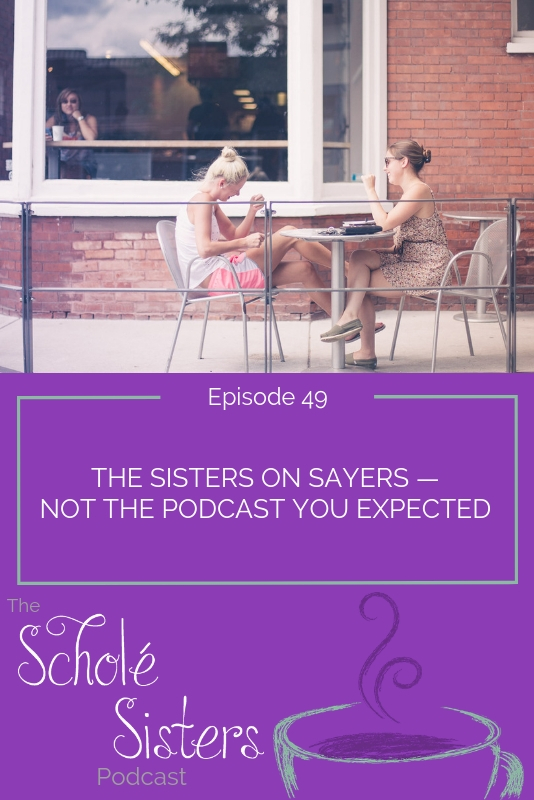
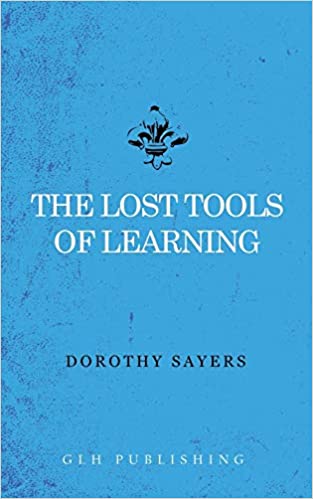
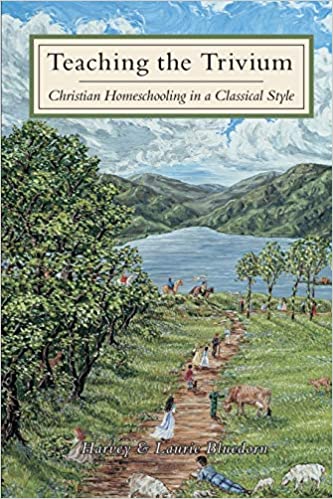
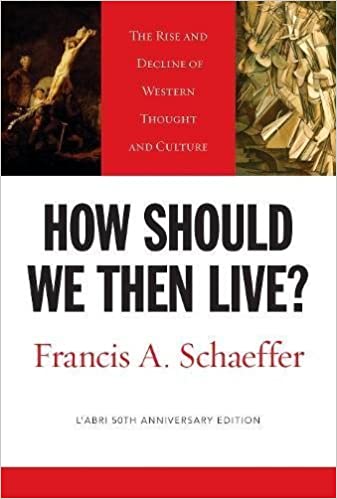
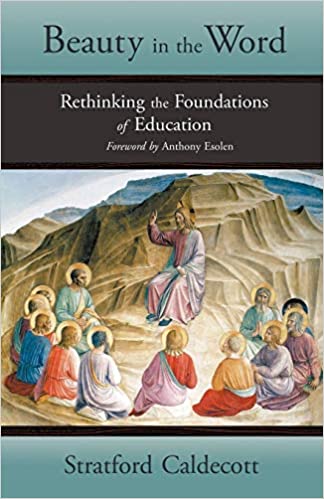
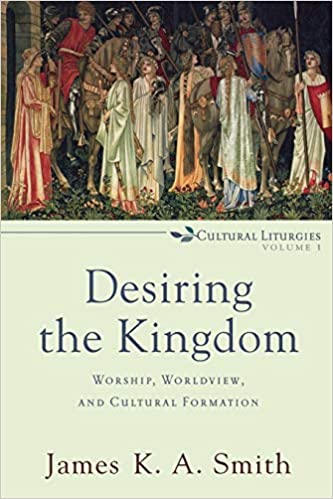

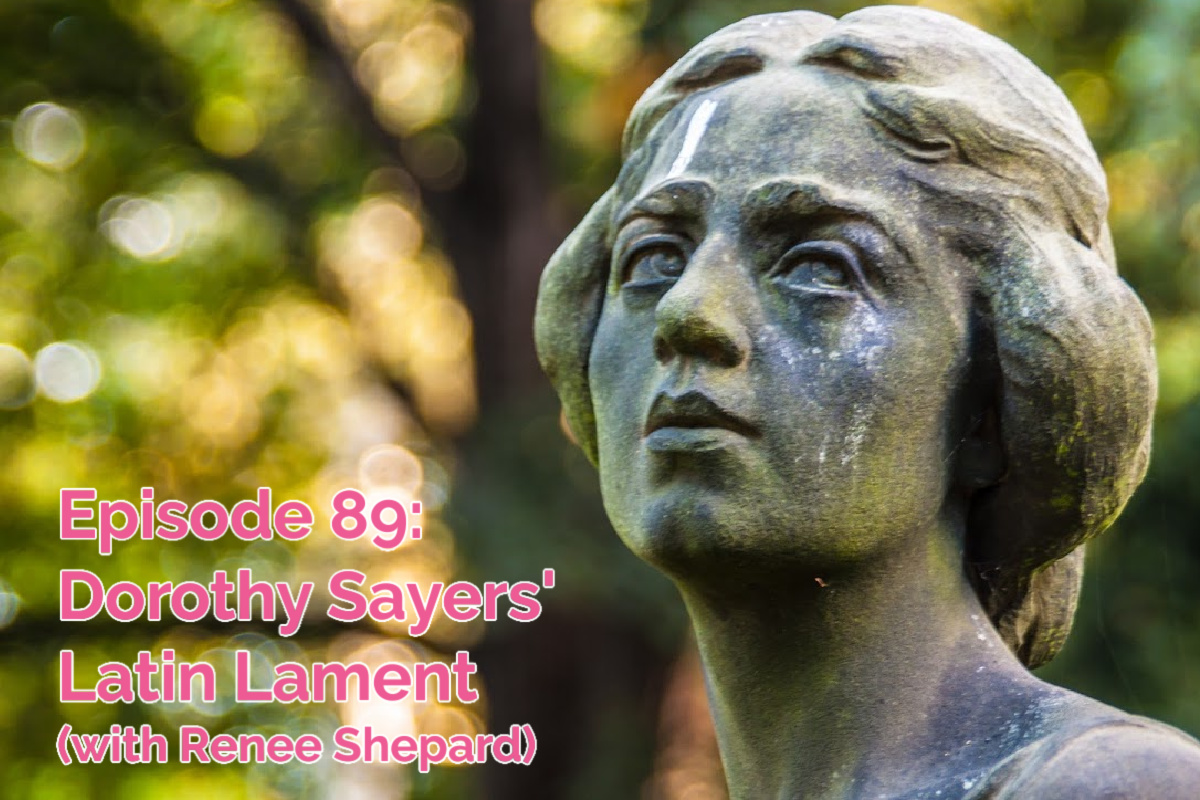
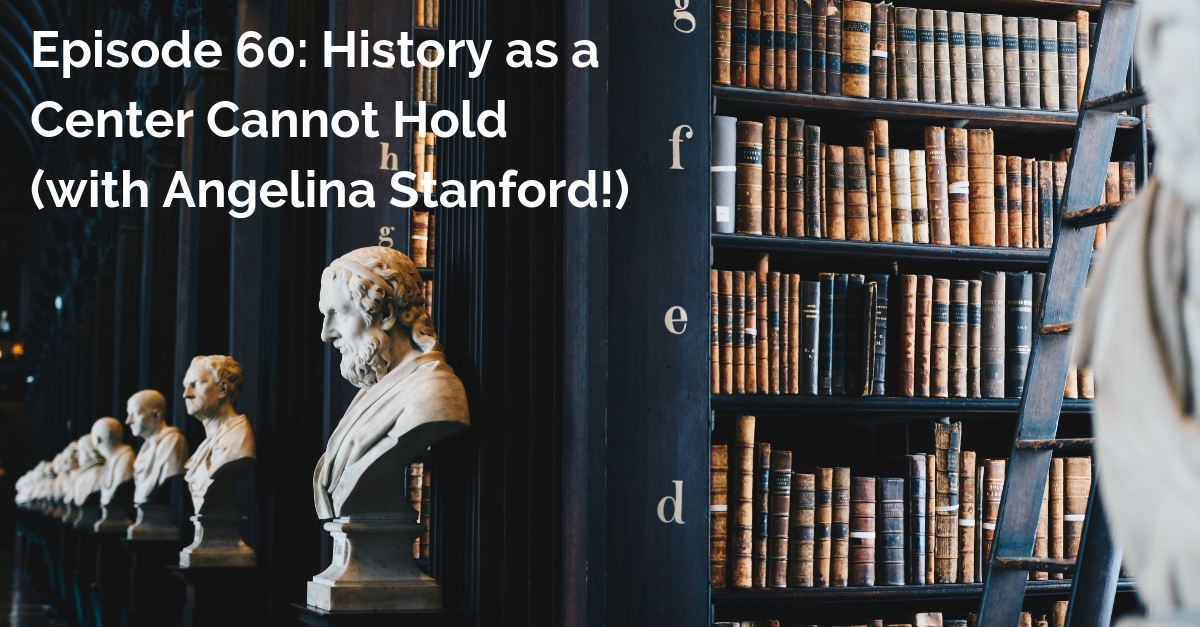
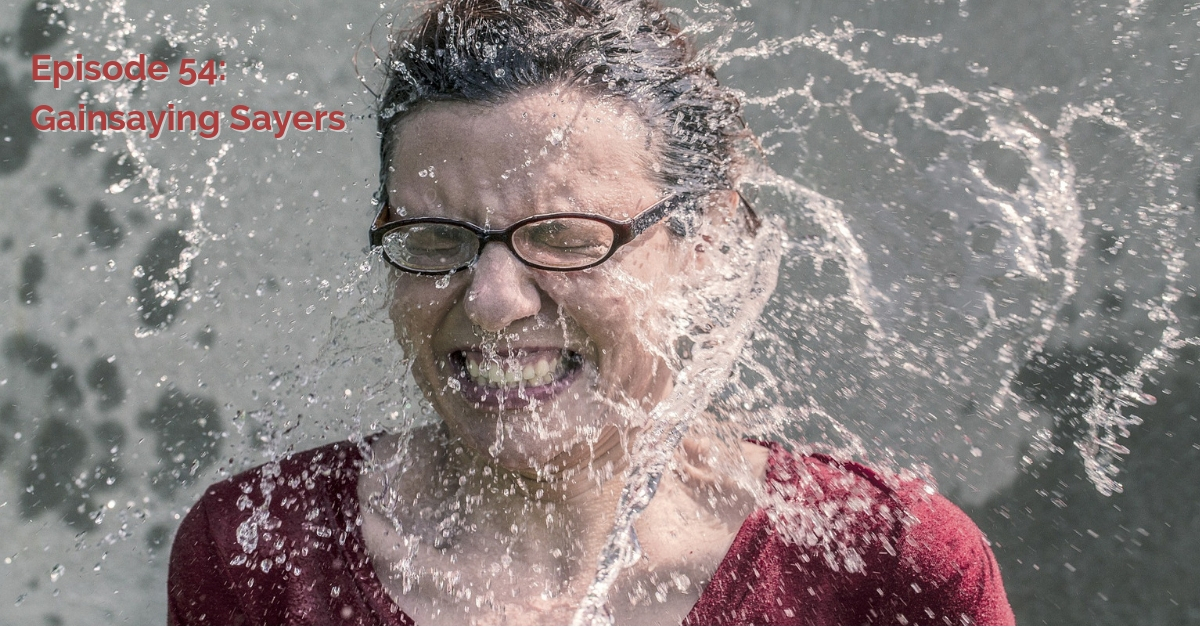

I haven’t listened yet, but as soon as I saw the podcast name I thought, “Man, it’s so great that they’re doing a whole episode on the Lord Peter Wimsey mysteries.”😂 Then I realized those probably weren’t the Sayers works that you were discussing.
Hahahaha! Sorry to disappoint! 😉
They should totally do an episode on Lord Peter. I’m sure there’s a connection to schole there somewhere…
Is there not a free level of membership (to the newly launched Sistership) after all? Am I just missing the basic/free level that was mentioned on the episode?
Yep, there is! 🙂 The link at the bottom of the Sistership page that says something like “explore the Sistership” should take you here. I hope that helps!
Perfect—thank you!
Have you read “Are Women Human?” I have felt, after reading TLToL, “I need to understand and know this person more to have a proper discussion…” I mean, she was single, no siblings, and didn’t teach actual children; there’s got to be more to her? So, my favorites are C.S. Lewis’ essay “A Panegyric of Dorothy L. Sayers” and her essays “Are Women Human?” and “The Human-not-Quite-Human”.
I do love that her argument is not based on her experience with children, but her expertise in human nature and observation.
I have NOT read that, but it sounds like I should! Thank you for the recommendation. She is a fascinating woman. She wasn’t single, though. She married in her 30s (after having an illegitimate child by someone else) to Oswald Fleming. The fact that she didn’t have much to do with children and didn’t raise her own child always reminded me a bit of Charlotte Mason, who was also single and an only child. But, of course, Mason did have experience teaching and spending time with children.
I think both women are a good reminder that we can get good advice from people whose lives aren’t much like our own, you know?